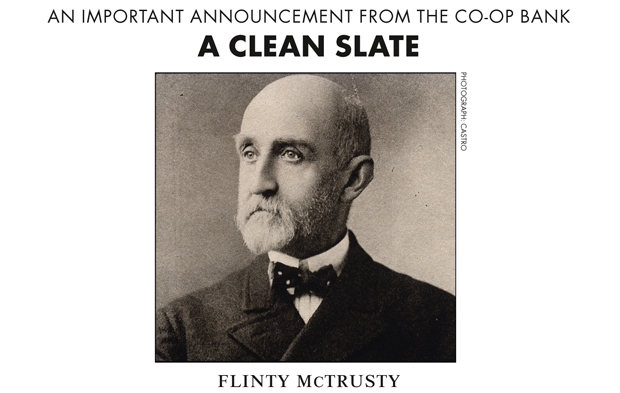Home
Alex Salmond, the First Minister of Scotland, outlined Scottish National Party plans for independence, which included keeping the pound and armed forces of 15,000, replacing the BBC with the Scottish Broadcasting Service and introducing random breath tests. The Ministry of Defence said it would investigate claims that in 1972 an Army plainclothes undercover unit shot dead people in Northern Ireland unconnected with paramilitary activity. A bomb containing 132lbs of home-made explosives failed to go off properly in a car parked at Victoria Square in central Belfast. Rape at the hands of under-age perpetrators is seen as ‘normal and inevitable’ among children in some areas, according to the Office of the Children’s Commissioner for England. A poll of 15,000 Britons found that those aged 16-44 were having sexual intercourse fewer than five times a month, compared with more than six times a decade earlier. Frederick Sanger, the biochemist who twice won the Nobel Prize, in 1958 for work on the structure of proteins, and in 1980 for sequencing DNA, died, aged 95. Ed Miliband, the leader of the opposition, appeared on Desert Island Discs, choosing among his records ‘Take On Me’ by A-ha.
George Osborne, the Chancellor of the Exchequer, said that the government would pass a law to cap the cost of payday loans. Lord Levene, who had led a rival bid, complained that the Co-op Bank had been favoured by the present government in 2011 in a doomed attempt to take over 632 Lloyds Bank branches. RWE Innogy pulled out of building the 240-turbine Atlantic Array wind-farm off the north Devon coast. A bill to build the High Speed 2 railway went before Parliament, supported by 49,814 pages of documentation. All booking offices on the London Underground will close by 2015, but trains will run round the clock at weekends.
Police removed three women, a 30-year-old Briton, a 57-year-old Irish woman and a 69-year-old Malaysian, from a house in Brixton where, police said, they had been ‘held in servitude for at least 30 years’. Aravindan Balakrishnan, 73, and his wife, Chanda, 67, of Indian and Tanzanian backgrounds and in the 1970s leading figures at the Mao Zedong Memorial Centre in Brixton, were arrested on suspicion of being involved in forced labour and domestic servitude. The 43-force structure of policing in England and Wales was ‘untenable’, according to the so-called independent commission on the future of policing. Jonathan Trott, the England cricketer, flew home from Brisbane after only one Test of the Ashes tour because of a ‘long-term stress-related illness’.
Abroad
Iran agreed at talks in Geneva to stop enriching uranium for the time being and allow nuclear inspection, in return for the lifting of sanctions. The United States, it emerged, had been having secret talks with Iran since 2011. Israel called the agreement ‘a historic mistake’ and Saudi Arabia complained about the way the deal had been struck. Talks between the Syrian government and opposition were set for 22 January, in Geneva, according to the United Nations, although armed opposition had divided into hundreds of groups. The British embassy in Madrid made a formal protest at the opening by Spain of a diplomatic bag from Gibraltar.
France decided to send 1,000 troops to the Central African Republic, which had fallen under the dominance of gangs of Muslim rebels of the Seleka movement. Libyan troops fought men from Ansar al-Sharia, Islamist extremists, in Benghazi. Boko Haram, the Islamist militia, attacked the village of Sandiya, in the northeastern Nigerian state of Borno. Mount Sinabung volcano in North Sumatra, Indonesia, erupted, forcing thousands to flee their homes. The United States flew two B-52 bombers over disputed islands in the East China Sea, called Senkaku in Japan and Diaoyu in China, in defiance of new Chinese air defence rules. China said it would land a probe called Yutu or ‘Jade Rabbit’ on the Moon in December.
Demonstrators in Ukraine protested against the decision of President Viktor Yanukovych, under pressure from Russia, not to go ahead with a trade agreement with the European Union. Demonstrators in Bangkok called for the resignation of the government of Yingluck Shinawatra on the grounds that it was controlled by her brother, the ousted Thaksin Shinawatra. The roof of a supermarket in Riga, Latvia, collapsed, killing 54 people. Comet Ison became visible to the naked eye as it rushed towards the sun. CSH






Comments